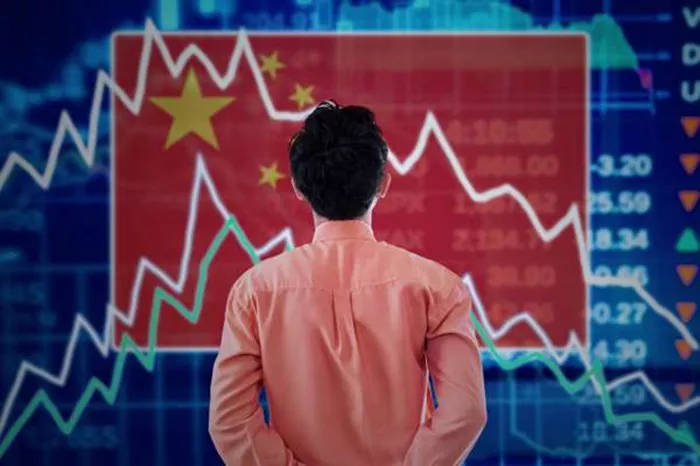China’s economy showed further signs of weakness in August, with industrial production, retail sales, and real estate prices all declining. This extended a trend of economic deceleration as Beijing faces increasing pressure to stimulate demand through enhanced spending.
Industrial and Retail Activity Declines
Data from the National Bureau of Statistics released on Saturday revealed a slowdown in economic activity across key sectors. Industrial production increased by 4.5% in August compared to the previous year, a decrease from July’s 5.1% growth. Retail sales grew by 2.1% year-on-year, down from a 2.7% increase in July.
Real Estate and Fixed Asset Investment
Investment in fixed assets rose by 3.4% from January to August, a drop from 3.6% growth in the first seven months of the year. Real estate investment also fell significantly, declining by 10.2% over the same period compared to the previous year.
Economic Challenges and Official Commentary
Liu Aihua, the chief economist at the National Bureau of Statistics, acknowledged the increasing adverse impacts of external factors on the economy. “We should be aware that the adverse impacts arising from the changes in the external environment are increasing,” Liu stated in a news conference. He highlighted insufficient domestic demand and ongoing challenges to economic recovery.
Trade and Inflation Data
Trade data for August showed a modest 0.5% increase in imports year-on-year. Additionally, the consumer price index (CPI) rose by 0.6% in August, falling short of forecasts. Officials attributed the CPI rise primarily to increased food prices resulting from adverse weather conditions. However, the core CPI, which excludes food and energy costs, rose by just 0.3%—the slowest rate in over three years.
Government Response and Economic Outlook
In response to the economic slowdown, Chinese leaders have intensified investment in manufacturing to revive the economy. Despite these efforts, the economy continues to grow at a slower pace than anticipated, with mounting pressure for large-scale stimulus measures to boost economic growth.
Conclusion
The latest economic data underscores the persistent challenges facing China’s economy, including weak consumer demand, deflationary pressures, and a contraction in key sectors. As Beijing grapples with these issues, the need for effective stimulus measures and strategic investment remains critical to fostering a robust economic recovery.
Related Topics:.

